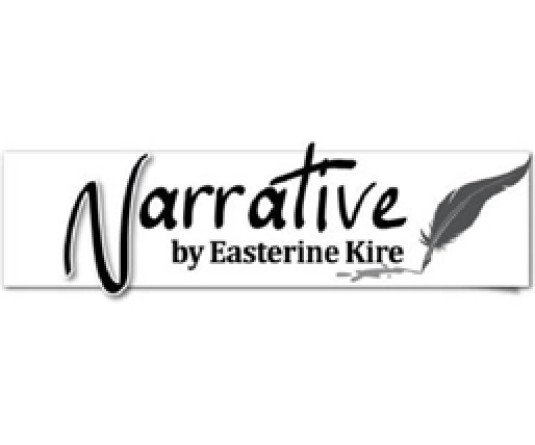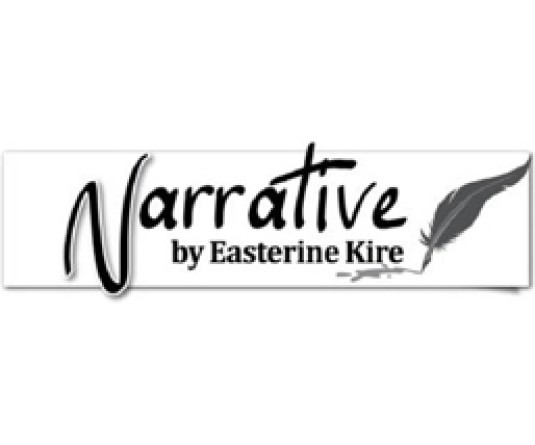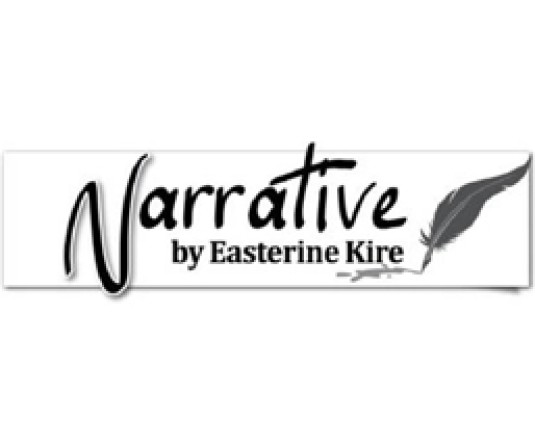
Easterine Kire
In the UK, 15th August was celebrated as VJ75 day. The allied victory over the Japanese was commemorated in a touching ceremony recognising the efforts of the men who fought to the last, and brought the Second World War to an end. The BBC did an extensive coverage of the program with the PM Boris Johnson in attendance. The significance of Victory Day seems to be kicking in only after 15th August, and CNN is preparing a Kohima-Imphal based report on the battle. I’m not sure how much attention Victory Day received in Kohima and Imphal, but looking at the surviving UK veterans who are all in their nineties, with a few centenarians in their numbers, jolts us into wondering how many of our own veterans are left, and if we have done enough by them. From time to time, when the veterans are featured, their stories recount sad accounts of governmental neglect. There were Naga veterans who were well over ninety who had no children and were being looked after by neighbours. Because of the nature of their service, did the community think they were the responsibility of the British government? Can that explain why they slipped through the cracks when pensions and welfare schemes were provided? I really hope that there will be more official help forthcoming for them and their families, if there are any veterans left.
For the Nagas, the Second World War is remembered as the Japanese Invasion or the Japan War. In the areas that were affected by it, the reputation of the Japanese had preceded them and there was much fear at the news of the Japanese advance.‘Japanmia parzhieho!’ (The Japanese are coming!) that was the phrase that went around the villages along the Kohima-Imphal highway as well as the Jessami-Phek route for months before their actual arrival. It was the first time that the population in these areas had experienced a war on a global scale. This was unlike any warfare they were familiar with, what with the bombing and shelling of their villages resulting in loss of homes, mass evacuations, loss of grain and domestic animals, starvation, and separation from loved ones for those who were fleeing the enemy, and deaths of unlucky members. For those who were captured by the Japanese, it was conscripted labour, beatings, and some summary executions. Their village-world was completely overturned. Yet, in the midst of shelling and bombing, an eye witness recollects that when he saw an air raid he watched in astonishment and thought, ‘Oh to think I am to see this!’ It was almost an echo of Simeon holding the baby Jesus wonderingly and rejoicing that he should have been granted to live so long as to see the saviour’s birth. Many Nagas witnessed the war with a host of emotions – fear for their safety, awe and wonder at the first sight of airplanes, modern weaponry and the numbers of Allied soldiers and Japanese troops tramping over their lands.
Some elders insist that the weed Japan nha was brought by the Japanese for its medicinal properties. The English name is Crofton weed and as children, we would mash it to cover bruises and cuts. Until the 1980s it was easy to find Japanese helmets being used as flower pots. We never thought of cleaning them up and contributing them to a museum. In the year 2000, I desperately questioned my mother on the whereabouts of the ammunitions box we owned in the 60s. It was the family cake oven that I have written about many times before. But my highly amused Mum replied, ‘Don’t be silly. It was thrown away a long time ago, no one has any use for an old box like that.’ It probably didn’t even go to the loha tina man because he wasn’t around in the 70s.
War debris in the form of shell casings can still be found in homes. My old school Vice Principal has a WWII museum which I am certain is a better collection than the government war museum. An attitude toward this war that was common was to insist it was not our war; it was someone else’s war fought on our lands. Yet how it transformed our lives. It was our springboard into the wider world, it was an irrevocable step beyond the village-world. Another of my oral narrators said, ‘It was the best time of our lives!’ The fact that they were young and nearlyoblivious to the tragedies that the war would bring was the explanation for such attitudes. Should we not celebrate it in some way that is close to our hearts? One of the inscriptions on the war memorial in our beloved Commonwealth cemetery mentions that the war could not have been won without the help of the Nagas who worked as scouts, spies, and stretcher-bearers, and as coolies. The loyalty of our men in the past is worth commemorating in a worthy way. We can make VJ Day our victory too, because our forbears paid their part in bringing the war to an end.






